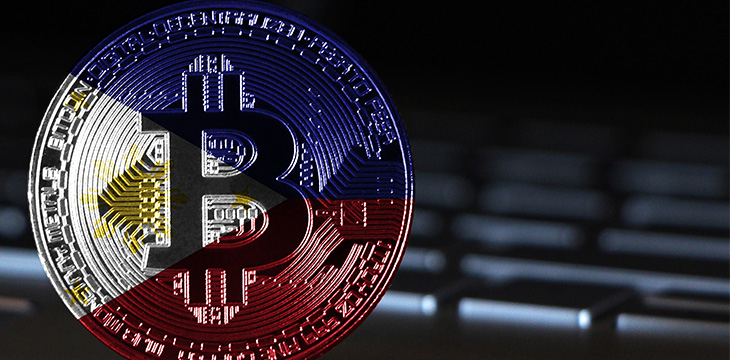|
Getting your Trinity Audio player ready...
|
The Cagayan Economic Zone Authority (CEZA), which operates the Philippine government-owned Cagayan Special Economic Zone (CSEZ), has granted provisional licenses to three cryptocurrency exchanges—in a move that is expected to lead to investment of up to $3 million for the country.
The CEZA, which is tasked with business development in the Philippines region, awarded the licenses to two Hong Kong-based exchanges, while the third license went to a firm from Thailand, The Manila Times reported. Raymundo T. Roquero, CEZA deputy administrator for planning, business development and planning, identified the jurisdiction’s first crypto licensee as Golden Millennial Quickplay Inc. Ltd., based in Hong Kong.
“These are offshore companies, and they have committed investments of $1 million (PHP534.6 million) each…GMQ intends to build [its]infrastructure in Sta. Ana, Cagayan…and will have an incubation period of two years, so they are already allowed to operate here in Manila,” Roquero said during the awarding of the licenses earlier this week.
By providing companies with a formal set of regulations and a structure licensing system, the jurisdiction has already proven to be an attractive location, with a large number of cryptocurrency exchanges already considering setting up shop in the special economic zone.
Roquero said the licenses would be renewed on an annual basis, and that there were some 70 operators interested in arranging their own licenses to operate on CSEZ.
“When they apply, they will pay an application fee of $100,000 (P5.35 million) [and a] license fee of $100,000. Then you go into probity checks, then application programming integration (API), which costs an additional $100,000,” the CEZA official said. “Companies want to invest here because we are the first to provide rules and regulations for cryptocurrencies.”
The announcement came two weeks after CEZA said it would be exercising the utmost scrutiny in reviewing applications from cryptocurrency exchanges. In early July, CEZA chief Raul Lambino said the agency would limit the issued licenses to 25, although each license holder can have 20-30 sub-licenses for traders and brokers.
The development is expected to be a significant bonus for CEZA and the wider region, and could position the Cagayan economic zone as a leading destination for cryptocurrency exchange in the region.
By creating legal certainty around operating crypto exchanges within their jurisdiction, the CEZA model can be seen as a demonstration of how clear policy can create a legitimate, regulated market for cryptocurrency exchanges to operate. Contrasting with the scatter gun approach to regulation elsewhere, it seems as though other regulators worldwide could learn from the CEZA approach.

 02-16-2026
02-16-2026 




